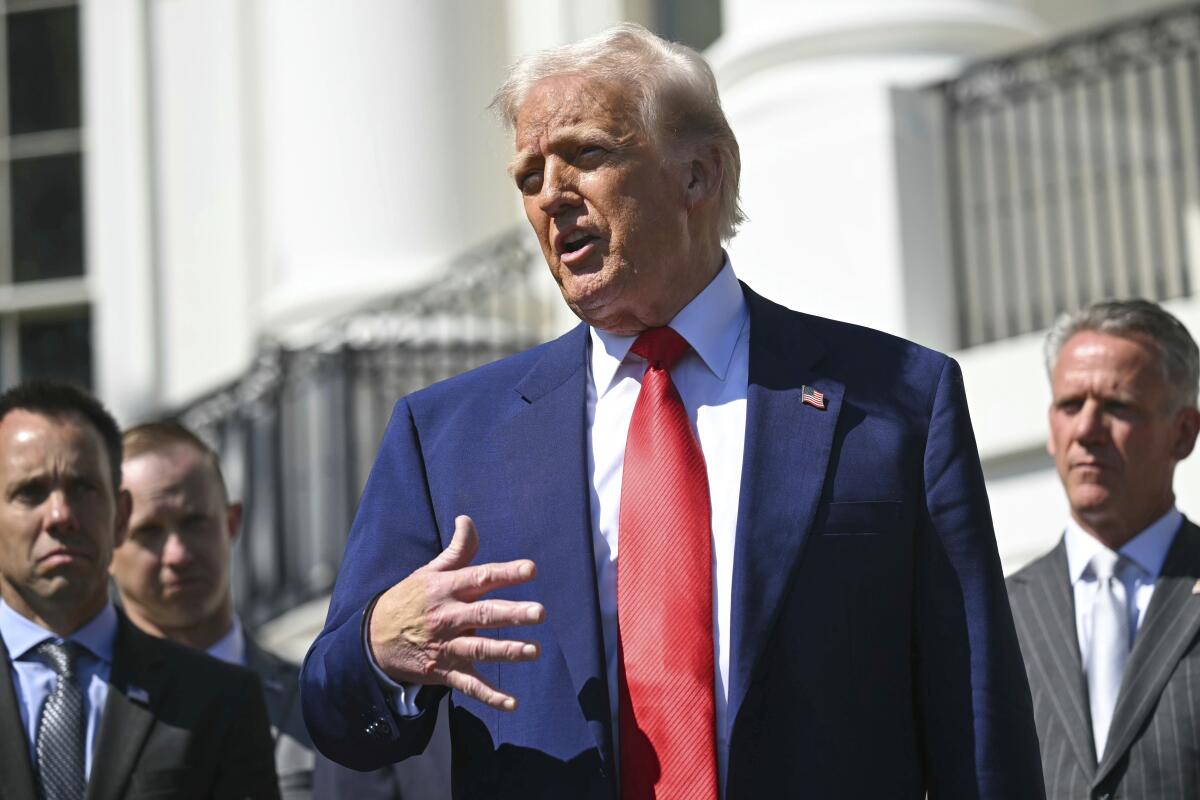Executive Summary
- A study of over one million individuals links the shingles vaccine to a 23-26% lower risk of cardiovascular events, including heart attack and stroke.
- The protective effect of the vaccine appears strongest within the first two to three years post-vaccination, particularly in men, younger individuals, and those with unhealthy lifestyles.
- Researchers are now investigating if the newer Shingrix vaccine offers similar or even stronger cardiovascular protection.
Event Overview
A recent study conducted in South Korea involving over one million participants has revealed a potential link between the shingles vaccine (Zostavax) and a reduced risk of cardiovascular events. The research, published in the European Heart Journal, indicates that individuals who received the vaccine experienced a significantly lower incidence of heart attacks, strokes, and heart failure. While the study establishes a correlation rather than a direct causal relationship, it suggests that preventing shingles through vaccination may offer broader health benefits than previously recognized.
Media Coverage Comparison
| Source | Key Angle / Focus | Unique Details Mentioned | Tone |
|---|---|---|---|
| Newser | Shingles vaccine's benefit on heart health | Highlights the vaccine's potential to lower risk of heart attack and stroke by 26%, mentioning the study from South Korea and its focus on the Zostavax vaccine. Mentions effect is strongest in the first 2-3 years, but some benefits remain up to 8 years later. | Positive and informative, emphasizing the added benefits of the shingles vaccine. |
| CBS News | Shingles vaccine cuts heart disease risk for up to 8 years | Emphasizes a 23% lower risk of cardiovascular events. Mentions protective effect is prominent in men, people under 60, and those with unhealthy lifestyles. Includes a quote from Dr. Céline Gounder discussing the benefits of newer vaccines and the connection between infections and chronic disease. | Informative and balanced, providing context and expert opinions. |
| New Scientist | Shingles vaccine providing additional cardiovascular benefits | Reports a 26% lower likelihood of dying from heart disease or experiencing a stroke, heart attack, or heart failure. Notes that benefits were most pronounced two to three years post-vaccination and then gradually diminished. Includes risk reduction data based on age, sex, socioeconomic status, exercise levels and social habits. | Analytical and data-driven, focusing on the study's methodology and findings. |
Key Details & Data Points
- What: A study shows a correlation between the shingles vaccine and a reduced risk of cardiovascular events such as heart attack, stroke, and heart failure. The study analyzed data from over a million people aged 50 or older in South Korea.
- Who: The study was led by Sooji Lee at Kyung Hee University in South Korea. Key individuals mentioned include Dong Keon Yon and Dr. Céline Gounder.
- When: The study examined data from 2012 onwards, with results published in the European Heart Journal on May 6/7/8, 2024/2025 (depending on the source). The protective effect of the vaccine was most pronounced two to three years after vaccination.
- Where: The study was conducted using data from South Korea's national health registries.
Key Statistics:
- Key statistic 1: 23% (lower risk of developing any cardiovascular condition in vaccinated individuals)
- Key statistic 2: 26% (lower risk for major cardiovascular events like heart attacks and strokes in vaccinated individuals)
- Key statistic 3: 27% (drop in risk in men who were vaccinated vs 20% drop in women)
Analysis & Context
This study suggests a potential added benefit of the shingles vaccine beyond preventing the painful rash associated with the virus. The observed reduction in cardiovascular events is significant and warrants further investigation. While the study establishes a correlation, the researchers propose that the vaccine may reduce cardiovascular risks by preventing shingles, which can damage blood vessels and provoke clot formation and inflammation. Further research is needed to determine if newer vaccines like Shingrix offer similar or even stronger protection. The study highlights the importance of vaccination and its potential for broader health benefits.
Notable Quotes
"A shingles infection can cause blood vessel damage, inflammation and clot formation that can lead to heart disease. By preventing shingles, vaccination may lower these risks."
"We are seeing even better vaccine effectiveness, and we're seeing preliminary data showing that it, too, has cardiovascular protective effects."
"Zoster itself has high morbidity from pain and post-herpetic neuralgia – a painful condition that can last years after shingles eruption. But health systems around the world could find enormous healthcare savings through reduction of cardiovascular morbidity by investing in the relatively inexpensive zoster vaccine."
Conclusion
The study from South Korea provides compelling evidence linking the shingles vaccine to a reduced risk of cardiovascular events. While further research is needed to confirm these findings and investigate the potential benefits of newer vaccines, the results suggest that shingles vaccination may offer broader health advantages. These findings could influence public health recommendations and encourage wider adoption of the shingles vaccine to protect against both shingles and potentially reduce the risk of heart-related complications. The benefits were most pronounced 2-3 years post vaccination and then diminished over time, indicating the potential need for boosters.
Disclaimer: This article was generated by an AI system that synthesizes information from multiple news sources. While efforts are made to ensure accuracy and objectivity, reporting nuances, potential biases, or errors from original sources may be reflected. The information presented here is for informational purposes and should be verified with primary sources, especially for critical decisions.









